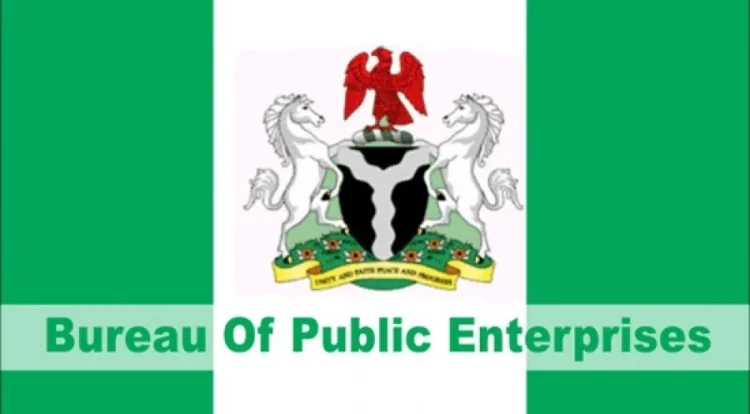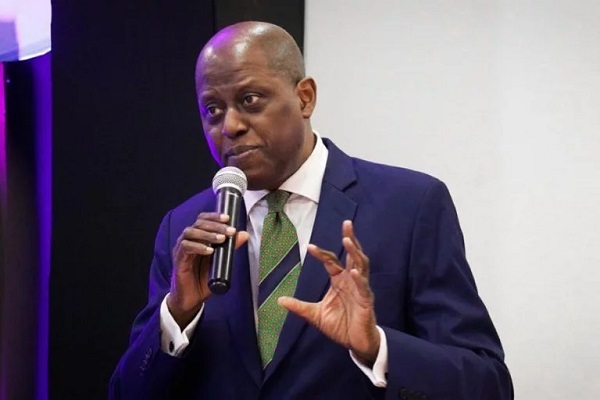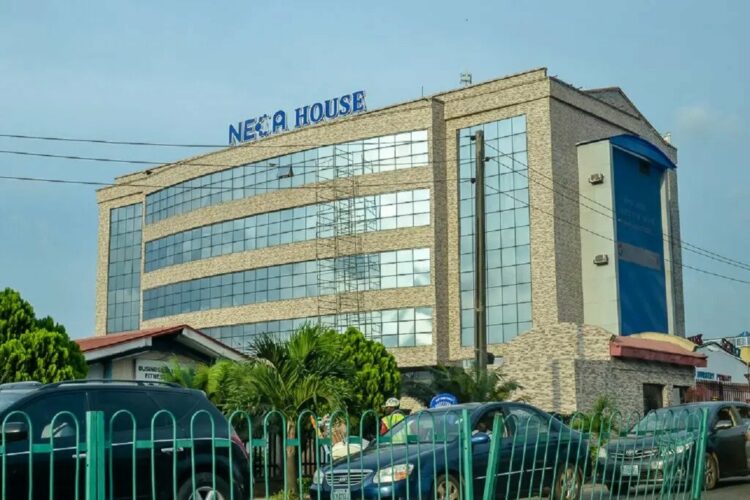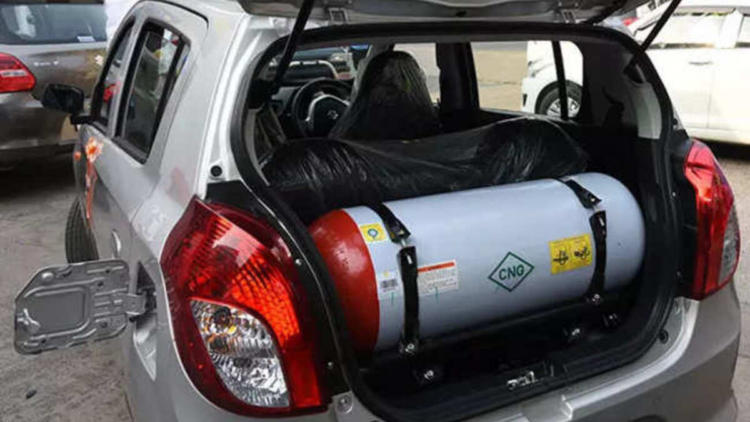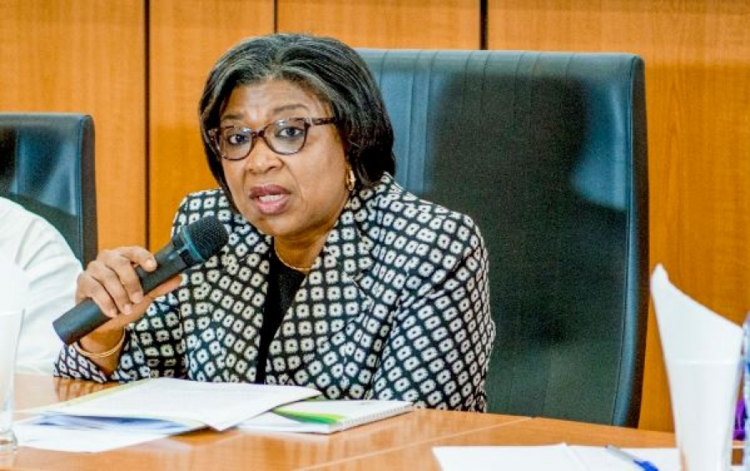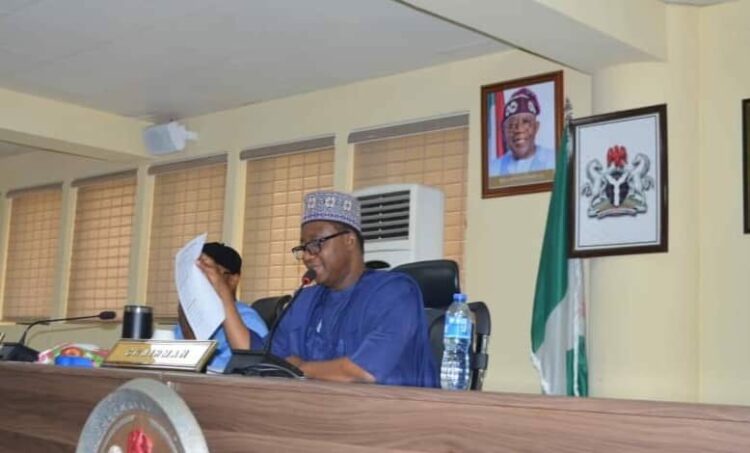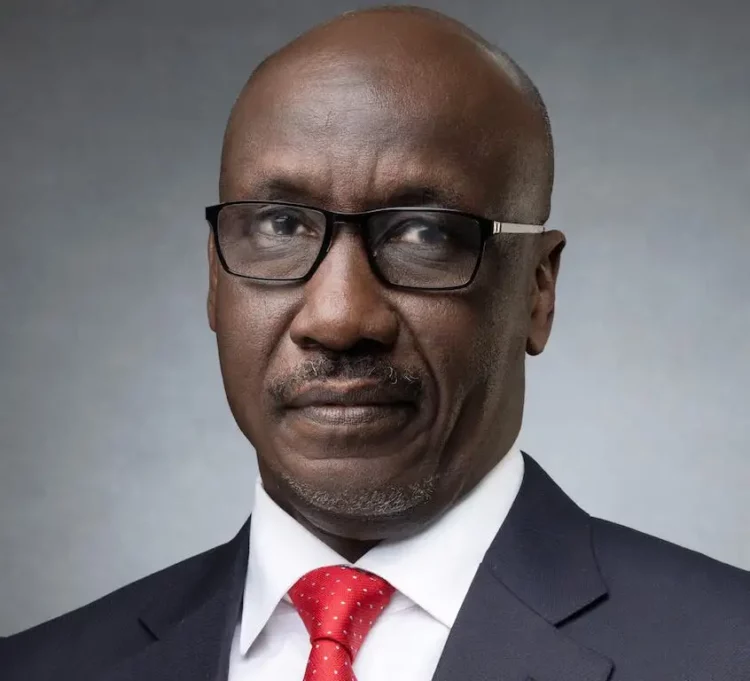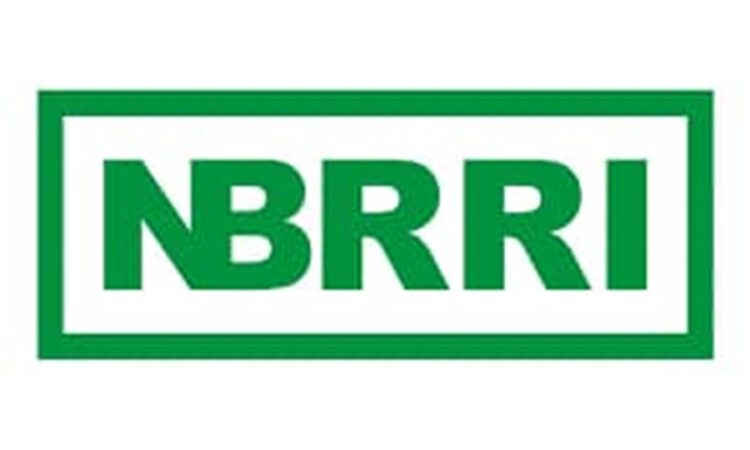
Construction sector stakeholders, including the Nigeria Building and Road Research Institute (NBRRI) have called for the revamping of the National Building code to drive sustainable outcomes in building practices in the country.
The move, they noted, will address the spate of building collapse in the built sector, even as they stressed the need for real estate operators, developers, architects and construction experts to adhere to code of practice and use of standard materials to attain sustainability of building construction in Nigeria.
NIBRRI, on its part, disclosed that the National Building Code was long overdue for a complete update and overhaul while it stressed that a complete overhaul of the national building code will enforce stringent laws and policies and also address the menace of building collapse in the country.
The institute noted that the code of conduct is a guide enabling professionals in the built environment to do the right thing as expected and not to cut corners.Traveling across Quang Binh to stunning cinematic locations
Speaking on the recent spate of building collapse, director general and chief operating officer of NBRRI, Prof. Samson Duna said, the institute carried out a robust research on building collapse in Nigeria and the outcomes revealed that substandard materials, poor remuneration, poor supervision, lack of proper topography, absence of building and planning permit, corruption, soil texture, among others, contribute to collapse of building in the country.
He appealed to construction and industry workers to use materials that meet standard specifications in construction and follow the code of practice to achieve sustainability in the construction sector.
The director of NBRRI added that the code of practice covers construction, labour, material testing, machines and manpower, noting that construction workers should adhere to the standard requirements for the use of any materials in construction.
He, however, called for the laboratory testing of reinforcement to meet industry specification while stressing that if this is achieved, building collapse will be a thing of the past.
Similarly, the Lagos State Building Control Agency, (LASBCA) also buttressed the need to check incessant building collapse even as the building control agency vowed to publish the details of defective buildings with structural issues.
The director, Public Affairs, LASBCA, Olusegun Olaoye said, publishing the list of defective buildings in national dailies was to enlighten the building public and encourage occupants to vacate.
Olaoye was reacting to the trend of building collapse and steps taken by the government to improve urban planning and development control in the state.
He said: “First, we look at the causes of building collapse which we have identified to include but not limited to the use of non-professionals and quacks in the building and construction industries; use of substandard materials, non-adherence to building codes, old age of structures, among others.
“To effectively curb the menace of building collapse, the state government, through the state building control agency, has strengthened its monitoring department to effectively monitor building construction in the state to ensure that standard materials are used by the building public.”
Also speaking, CEO of Ove Arup & Partners, Kunle Adebajo, called for the enactment and enforcement of stringent building codes to mandate the construction of safe and fit -for-purpose buildings. Adebajo said, this would also promote the use of sustainable alternatives where applicable, as the industry must drive home the importance of these codes.
https://googleads.g.doubleclick.net/pagead/ads?gdpr=0&us_privacy=1—&gpp_sid=-1&client=ca-pub-5228780540891921&output=html&h=280&adk=3908584181&adf=1202297604&pi=t.aa~a.2067693828~i.33~rp.4&w=758&abgtt=6&fwrn=4&fwrnh=100&lmt=1719905242&num_ads=1&rafmt=1&armr=3&sem=mc&pwprc=4671932670&ad_type=text_image&format=758×280&url=https%3A%2F%2Fleadership.ng%2Fstakeholders-advocates-revamping-of-national-building-code%2F&fwr=0&pra=3&rh=190&rw=757&rpe=1&resp_fmts=3&wgl=1&fa=27&uach=WyJXaW5kb3dzIiwiMC4zLjAiLCJ4ODYiLCIiLCIxMDguMC41MzU5LjEyNiIsbnVsbCwwLG51bGwsIjY0IixbWyJOb3Q_QV9CcmFuZCIsIjguMC4wLjAiXSxbIkNocm9taXVtIiwiMTA4LjAuNTM1OS4xMjYiXSxbIkdvb2dsZSBDaHJvbWUiLCIxMDguMC41MzU5LjEyNiJdXSwxXQ..&dt=1719905241102&bpp=18&bdt=6346&idt=-M&shv=r20240625&mjsv=m202406260101&ptt=9&saldr=aa&abxe=1&cookie=ID%3D0bbb54e7140e032c%3AT%3D1699964531%3ART%3D1719905247%3AS%3DALNI_Ma9-E9mLc0JTGzLYAH3jHglehRpDg&gpic=UID%3D00000cc3b69825a5%3AT%3D1699964531%3ART%3D1719905247%3AS%3DALNI_MaJVeVGbC2JJ_utfdHBCVkCGZd6qw&eo_id_str=ID%3Dedff4c6c9cb77b27%3AT%3D1713338988%3ART%3D1719905247%3AS%3DAA-AfjaE_UkJJuZoKxeJkko-1nE1&prev_fmts=0x0%2C248x600%2C758x280&nras=3&correlator=7022984608559&frm=20&pv=1&ga_vid=593424710.1699964530&ga_sid=1719905239&ga_hid=987404247&ga_fc=1&u_tz=60&u_his=5&u_h=768&u_w=1366&u_ah=728&u_aw=1366&u_cd=24&u_sd=0.9&dmc=4&adx=269&ady=3209&biw=1498&bih=730&scr_x=0&scr_y=1840&eid=44759837%2C95334508%2C95334526%2C95334572%2C95334579%2C95335897%2C31084926&oid=2&pvsid=3770584301319195&tmod=385045123&uas=1&nvt=1&ref=https%3A%2F%2Fleadership.ng%2Fnew-bpe-boss-to-fast-track-power-project-transactions%2F&fc=1408&brdim=0%2C0%2C0%2C0%2C1366%2C0%2C1366%2C728%2C1517%2C730&vis=1&rsz=%7C%7Cs%7C&abl=NS&fu=128&bc=31&bz=0.9&psd=W251bGwsbnVsbCxudWxsLDNd&ifi=4&uci=a!4&btvi=1&fsb=1&dtd=1727
To him, “the ideal approach would involve a comprehensive revamping exercise, enabling state and local development control authorities to drive sustainable development more effectively. However, the reality of building practices within the country often shows a disregard for these existing codes.”
On her part, the head, Architect Department, West African Ceramics Limited, Amaka Onyiuke, said it was important for the country to stop importing building materials produced locally, saying such practices would not support local content.
“If we keep importing from abroad, we keep supporting foreign economy to grow at the expense of our own economy. That means we will keep using foreign currency and continue destroying our products.
Copied

